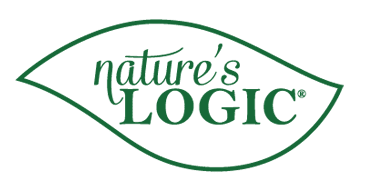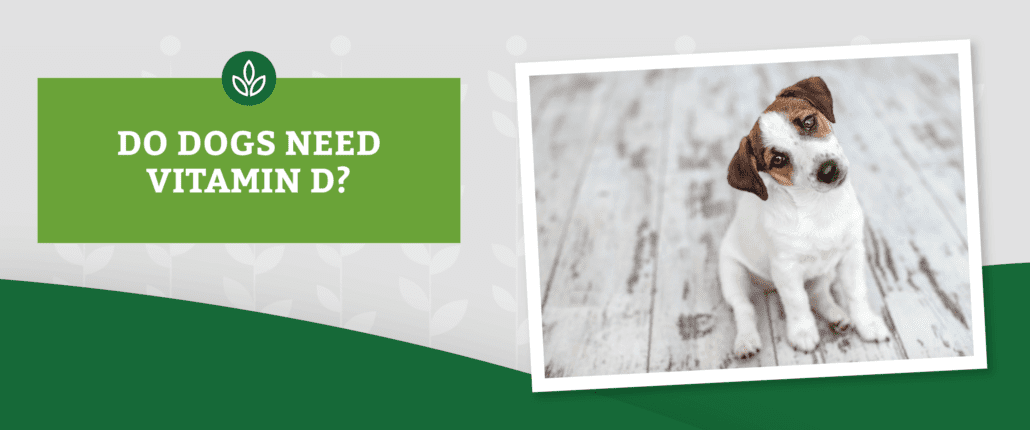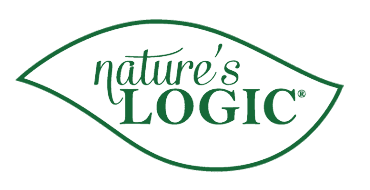Benefits and Sources of Vitamin D for Dogs
The nutrition in a dog’s diet can play a major role in their health and behavior, so it’s natural that many pet owners are conscious of what they feed their pups. While there are some well-known “no’s” for dogs (think chocolate, grapes, onions), it can be overwhelming to determine what foods are good for them. Meat, vegtables, fruits and nuts are all valuable sources of vitamins and minerals.
Many pet owners find it particularly confusing to know if their dog is getting enough vitamin D. For humans, the main source of vitamin D comes from direct exposure to sunlight. However, dog’s can’t absorb vitamin D from the sun. This leaves some pet owners wondering “do dogs need vitamin D?”
We explore this question below, as well as offer tips to help recognize a vitamin D deficiency and share recommendations on foods to support your dog’s vitamin D levels.
Benefits of Vitamin D For Dogs
Since dogs can’t absorb vitamin D from the sun, it’s important that this nutrient is included in their diet. Vitamin D is essential because it promotes the absorption of calcium and phosphate in the intestines. Proper absorption of these key minerals is important to help support strong bones and teeth as well as promote muscle development.
Vitamin D is also an anti-inflammatory and antioxidant, so it helps boost immune health and can support brain cell activity. Not having sufficient vitamin D can lead to lethargy and longer healing responses within your dog.
How to Know If Your Dog Is Getting Enough Vitamin D
Because dogs can’t tap us on the shoulder and let us know they aren’t getting enough vitamin D, it’s important that dog owners watch for signs that could indicate their dog might need more of this important nutrient.
If you have questions about your dog’s vitamin D needs, reach out to your vet.
Typical symptoms of a dog not getting enough vitamin D may include:
- Muscle weakness; your dog may be walking slower or have trouble standing up or sitting down
- Muscle aches; your dog may have discomfort moving and might whine when exercising
- Hair loss; your dog may have patches of hair that fall out or general shedding may be more intense than normal
- General fatigue; your dog may be less enthusiastic to go on walks
- Stunted growth; your dog may not reach the standard weight and height for its breed
On the other hand, excessive amounts of vitamin D can cause health issues for your pup as well, so it’s generally not recommended to include vitamin D supplements in your pet’s diet unless your vet advises you to do so. To help ensure your dog gets all the nutrients they need, feed a complete and balanced diet – we suggest opting for an all natural dog food made with whole food ingredients.
Natural Sources of Vitamin D For Dogs
How can pet parents know if their dog is getting vitamin D from quality whole food rather than synthetic sources? Ensure your pup is getting high quality vitamin D by opting for a dog food recipe containing one or more of the following ingredients:
- Salmon and other fish
- Liver
- Beef
Nature’s Logic dog recipes are a great source of vitamin D as many of them utilize a variety of fish, beef, and spray-dried liver. Spray-dried liver is generally more nutrient intensive than whole liver because the water is removed, meaning it has more concentrated elements.
Not to mention, all the vitamins in Nature’s Logic recipes are naturally occurring within the ingredients themselves – there is no synthetic vitamin D (or any synthetics) in any of our recipes including our dog kibble and canned dog food products.
Do Dogs Need Vitamin D? Yes!
Vitamin D should be on dog parents’ radar when serving up meals to their pets. Although a lesser talked about canine health requirement, vitamin D contributes to promoting dogs’ bone health, immune system, and general well-being.
If you would like a recommendation for a good recipe that includes vitamin D sources for your dog, send us a message. Send us a message. We’d love to help you!









